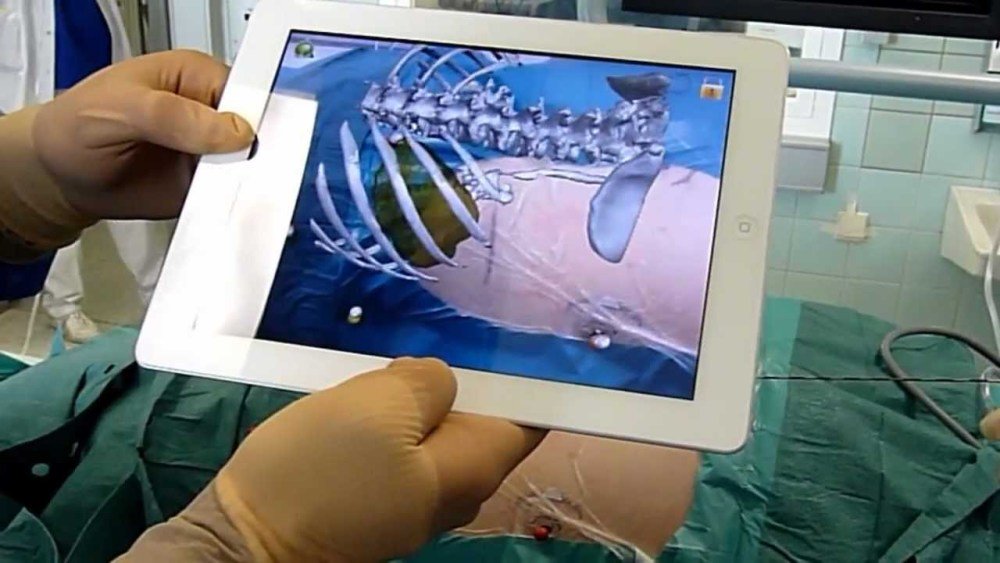

Augmented Reality Transforming Healthcare Experiences
Augmented reality (AR) is not just for gaming and entertainment; it’s making significant strides in transforming healthcare experiences. From medical education to patient care and surgical procedures, AR is creating new dimensions in the delivery of healthcare services.
Revolutionizing Medical Education
In the realm of medical education, augmented reality is revolutionizing the way students learn and visualize complex anatomical structures. AR applications allow students to interact with 3D models of the human body, providing a more immersive and hands-on learning experience. This technology enhances the understanding of medical concepts, ultimately leading to better-prepared healthcare professionals.
Enhancing Surgical Precision and Training
Augmented reality is proving to be a valuable tool in surgical procedures. Surgeons can use AR to overlay digital information onto the patient’s anatomy during surgery, providing real-time guidance and enhancing precision. Additionally, AR is utilized in surgical training, allowing surgeons to practice and refine their skills in a simulated environment before performing actual procedures.
Improving Patient Engagement and Education
AR is not confined to the medical professionals; it extends to patients as well. Healthcare providers are leveraging AR to enhance patient education and engagement. For instance, AR applications can visualize treatment plans, allowing patients to better understand procedures and make informed decisions about their healthcare. This interactive approach contributes to improved patient-doctor communication and shared decision-making.
Facilitating Remote Consultations
Especially relevant in today’s era of telehealth, augmented reality is facilitating remote consultations. Through AR applications, healthcare providers can remotely assess patients by overlaying relevant medical information onto the patient’s surroundings. This capability enhances the effectiveness of virtual consultations and enables healthcare professionals to provide more accurate diagnoses and recommendations.
AR in Rehabilitation and Physical Therapy
In rehabilitation and physical therapy, augmented reality is playing a vital role in improving patient outcomes. AR applications can create interactive exercises and activities tailored to an individual’s rehabilitation needs. This not only makes therapy sessions more engaging but also ensures that patients perform exercises with the correct form, promoting effective recovery.
AR for Mental Health Support
Beyond the physical realm, augmented reality is making inroads into mental health support. AR applications can create immersive environments for therapeutic purposes, aiding in the treatment of conditions such as anxiety and phobias. Virtual reality, a subset of AR, is particularly effective in exposure therapy, allowing patients to confront and overcome their fears in a controlled and supportive environment.
Challenges and Future Developments
While augmented reality holds immense promise in healthcare, it is not without its challenges. Issues related to data privacy, integration into existing healthcare systems, and the need for standardization must be addressed. However, ongoing advancements and collaborations within the industry are likely to overcome these challenges, paving the way for more widespread adoption of AR in healthcare.
The Future Landscape of Healthcare with AR
The future landscape of healthcare is set to be transformed by the continued integration of augmented reality. As technology advances, we can expect more sophisticated AR applications that enhance medical training, improve patient outcomes, and revolutionize how we perceive and interact with healthcare information.
To explore more about the transformative impact of augmented reality in health, visit Augmented reality in health.







:max_bytes(150000):strip_icc()/About-A53-YChestPress-719-c0225c885f6347e1a7c52bab2fdc2bb8.jpg)

